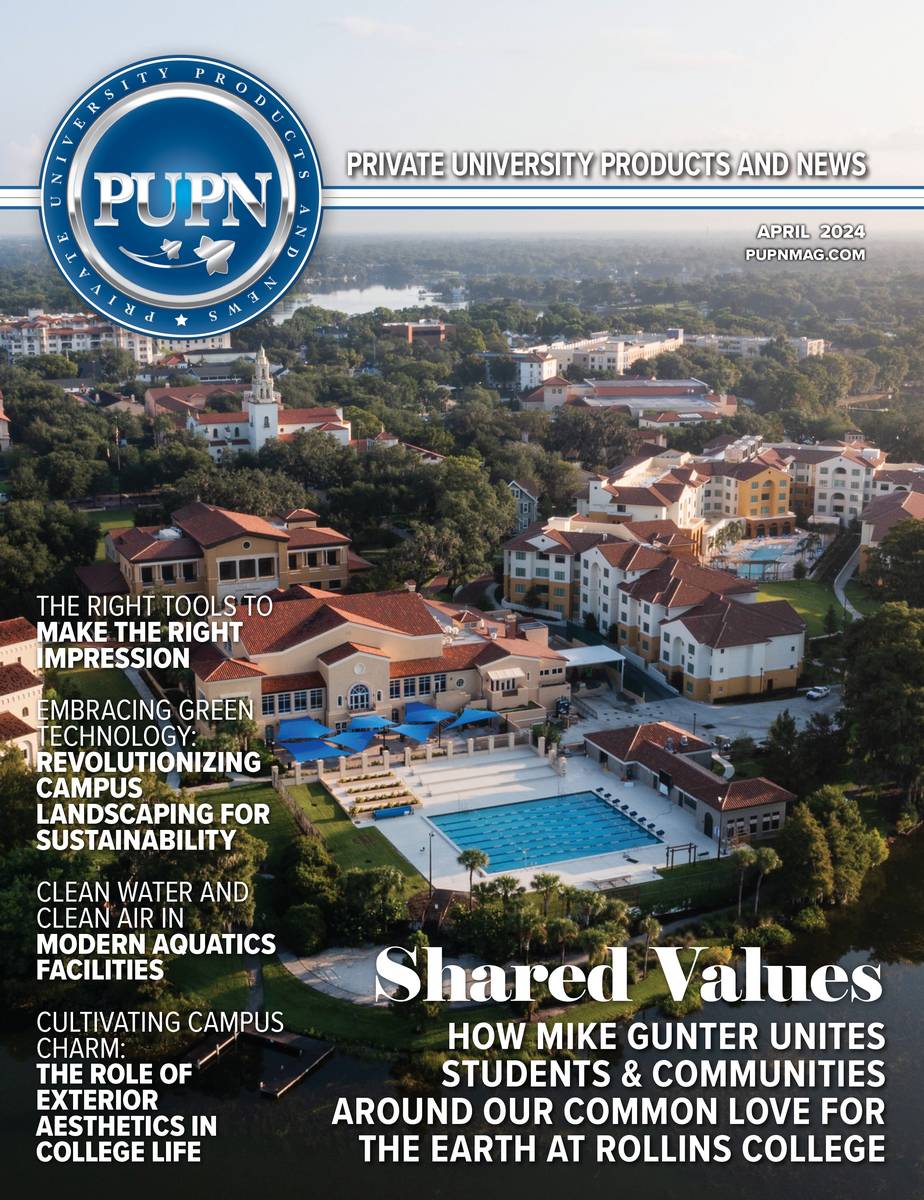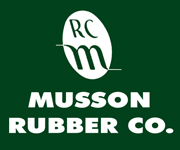In addition to playing an integral role in developing the Mechanical Engineering program, and exhaustive research and data compilation in order to determine the strongest pedagogical approaches in engineering education, Medina has caught his students’ attention via a fascinating project: He had students design, manufacture, operate, and control a series of ten dandelion-like flying robots, where they not only learned about multiple aspects of the design-manufacturing-implementation journey, but they also had the opportunity to work and learn together in multidisciplinary teams.
A Hybrid Degree and Groundbreaking Research
After earning his B.S. in Engineering from the Colorado School of the Mines, Medina completed his M.S. and Ph.D. in Mechanical and Nuclear Engineering from the Virginia Commonwealth University. Among his many scholarly interests, he has used computer modeling, analytical methods, and experimental methods to conduct interdisciplinary research on solid and fluid mechanics, as well as mechatronic systems, studying-among other topics- the mechanics of bio-systems and biomaterials, fracture mechanics of surfaces with arbitrary topography, mechanical behavior of soft actuators and sensors, and fluid-structure interactions.
Applications of his research include soft robotics, sustainability of mechanical systems, and biomedicine, as well as a multitude of other potential applications, both practical and theoretical. Having a hybrid degree in Mechanical and Nuclear Engineering, Medina has also conducted experimental research experience on Nuclear Radiation Detection. As well as having research published in leading journals in the field-such as Polymer, Applied Mechanics Reviews, and the International Journal of Solids and Structures-Medina is constantly developing new methods for improving the pedagogical tools for engineering education research, particularly via metacognitive skills development.
Medina explains that he was drawn to Liberty University because of what Liberty offered in terms of both a challenge and an opportunity-he could be a “driving force” in designing a program from its earliest stages. At Liberty, his time, energy, and passion have been invested in three primary areas: his teaching and using meticulously gathered data to improve pedagogical choices for engineering education, his scholarship and its multiple applications, and extensive curriculum design for the Mechanical Engineering program.
Though Engineering at Liberty is yet to start a graduate program, Medina does not hesitate to assign his undergraduate students challenging and demanding work; however, despite the degree of difficulty, students are instantly engaged by the sheer novelty and creativity of the projects they will be working on. He notes that new students are excited by the prospect and then, once they realize the level of work required, they grow a bit overwhelmed and intimidated by the scope of the project. Ultimately, he adds, “students are very, very excited.”
Encountering a Dandelion
Medina was enjoying his time in his backyard one day when a small plant floated past, seemingly dancing on air. Intrigued by its movement and the way it seemed capable of motorless and engineless flight, he studied the plant and decided to bring it to his lab to examine it more closely. Originally from Venezuela, Medina had never before encountered a dandelion, though a colleague in the lab filled him in on the background of the root that so many of us see every day but don’t really notice. He marveled at the way it seemed to move like an object moves in space, as though it were “floating on gel or honey.” This ignited his research on the flying mechanics of dandelions.
Dr. Medina’s research on dandelions might have a number of potential applications, in agriculture, smart delivery, and even sustainable flights that could assist future space travel and exploration. In a project that has proven to be exciting to students and faculty alike, students are building flying, dandelion-shaped mechanisms, learning how the robot’s flight is dependent on multiple factors, including updraft and windspeed.
Obviously, though using the dandelion’s natural movements and fluidity as inspiration, students were challenged to build something much larger than a dandelion. Though working from the same basic structure nature created, they developed a dandelion-shaped robot and added a motor to mimic the movement but give it more power. Liberty, seeing the potential immediately, awarded Medina an Illuminate grant, so he could pursue the project in more depth.
In the first phase, they built five robots. Students used 3D modeling software to design the robots, and then they used 3D printers to produce the models. Then, they collaborated with Computer Engineering students to create a breadboard in order to add propellers and motors. In the next phase, they will take the developed breadboard and arrange to have it designed off-campus to mimic the same functionality but in a microchip, so they can take the devices wireless.
Students aren’t the only ones excited by the dandelion robotics either. Medina notes that when you see “grown-ups” who are entertained by a project, he’s certain that students will be just as enthusiastic. Mr. David Donahoo, Dean of School of Engineering and Computational Sciences, notes, “Dr. Medina’s research into the characteristics of dandelion flight is a unique and fascinating examination on the efficiencies and effectiveness of this creation. It has potential to significantly impact the body of knowledge of flight. As such, by bringing this into our classroom, his student projects provide an eye-opening discovery process for our students.”
Self-Regulated Learners and the Mechanical Engineering Program
At Liberty, Medina has taken a leadingrole in the development of the Mechanical Engineering Program, including initiating improvements of curriculum design, development of course syllabi, and even support of laboratory setup. While Medina acknowledges this process can be “demanding,” and it’s a “sort of dance” of working with multiple faculty and staff in order to follow the “prescription of the accreditation board,” he’s found the ongoing process to be rewarding as well-in his own classroom and in watching the larger program grow and develop.
Medina notes that he has long been intrigued by understanding how students learn. He constantly asks himself, “What are they perceiving? What are students decoding? What are they thinking about when they are learning?” This interest led him to study metacognitive techniques to improve the pedagogical tools for engineering education. He is constantly collecting data-from lab reports, from exams, from self-assessments, and from reflections and projections on students’ own performance. He does weekly Metacognitive Assessments so learners can reflect on each previous assignment. They are asked about the resources they used; additionally, they are asked about how they approach their own learning, and they are questioned about the ways they can take steps to improve their own performance.
Noting that every course in the mechanical engineering program has had Medina’s “handprint” on it-something he considers an impressive accomplishment for any faculty member-Dean Donahoo shares, “Dr. Medina was our first residential mechanical engineering faculty member. As such we have relied on him to examine our curriculum, and plug any gaps in our initial design. He continues to lead our mechanical engineering team as we enter our fourth year.” Medina has partnered with Liberty’s Center for Teaching Excellence, as he continues his goal toward creating “self-regulated learners.”
In working toward optimizing assessments, Medina hopes to answer the question: “What are the elements of a self-regulated learner?” He also hopes these are techniques and skills they will continue to develop as they, ideally, become lifelong learners. In studying both qualitative and quantitative data, he explains that the process has been a “fascinating learning experience” for him, one that has helped him to improve his own techniques and to constantly determine how to best measure student learning outcomes. Medina is a lifelong learner in practice as well, noting that an instructor, like his students, is always evolving. He concludes, “Any living thing has to grow. If I am stagnant, I am dead.”










